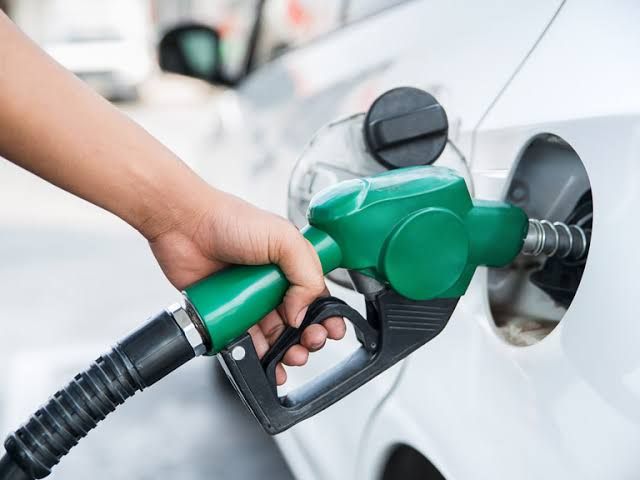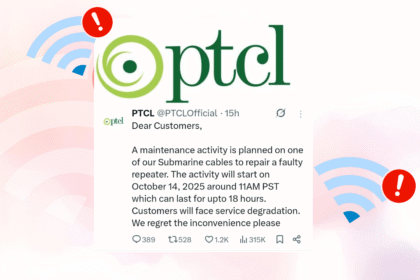In a startling development under the interim government’s administration, Pakistan has witnessed another substantial increase in the prices of petroleum products. On Friday, petrol prices surged by Rs26.02 per litre, while high-speed diesel (HSD) prices jumped by Rs17.34 per litre, marking a significant burden on citizens already grappling with a multitude of economic challenges. The new prices, effective from midnight, have propelled petrol to a historic high of Rs331.38 per litre, further intensifying the financial strain on the nation.
The interim government, which assumed control in August, authorized the initial price hikes on September 1, leading petrol prices to breach the historic Rs300 per litre threshold for the first time in Pakistan’s history. However, this latest increase has surpassed previous speculations, causing concern among the public.
The surge in fuel prices comes in the wake of an ongoing economic crisis characterized by soaring inflation rates, rupee depreciation against the dollar, increased utility bills, and rising costs of essential commodities. For a country already struggling to make ends meet, this latest blow to the pockets of citizens underscores the urgency of addressing economic challenges.
While the prices of kerosene oil and light diesel oil (LDO) were not announced, the increase in diesel prices holds particular significance due to its extensive use in the transport and agriculture sectors. Such hikes have far-reaching inflationary consequences, affecting various aspects of daily life.
Kerosene oil, primarily used for cooking purposes in remote areas, plays a crucial role, especially in regions where liquefied petroleum gas (LPG) is unavailable for cooking. Additionally, the Pakistan Army relies on kerosene oil in these areas, further emphasizing its importance.
The surge in international benchmark Brent prices, which exceeded $92 per barrel, further exacerbates the situation. This increase, compared to $88 per barrel in the first week of September, has contributed to the upward trajectory of fuel prices in Pakistan.
Moreover, sources have revealed that the government is poised to pass on to consumers the impact of an 88-paisa per litre increase in sales margins for petroleum dealers and marketing companies, as approved by the Economic Coordination Committee (ECC) of the Cabinet. This additional cost is expected to add to the financial burden already faced by consumers.
The import parity prices for petrol, diesel, and kerosene oil have surged by approximately Rs13, Rs14, and Rs10 per litre, respectively, since September 1. However, sale prices are estimated to increase by Rs13, Rs16, and more than Rs10 per litre, aligning with product imports by Pakistan State Oil. Jet fuels are also anticipated to see a price hike of Rs10 per litre.
The potential outcome of these adjustments could result in petrol and diesel prices surpassing Rs320 and Rs325 per litre, respectively, with kerosene oil rates reaching the higher end of Rs240 per litre.
The escalation in fuel prices follows a sharp 27.4% increase in the inflation rate observed in August, which is expected to have a ripple effect on general prices across the country in the coming days and weeks. This situation underscores the critical need for comprehensive economic measures and strategies to alleviate the financial burden on the Pakistani populace.






